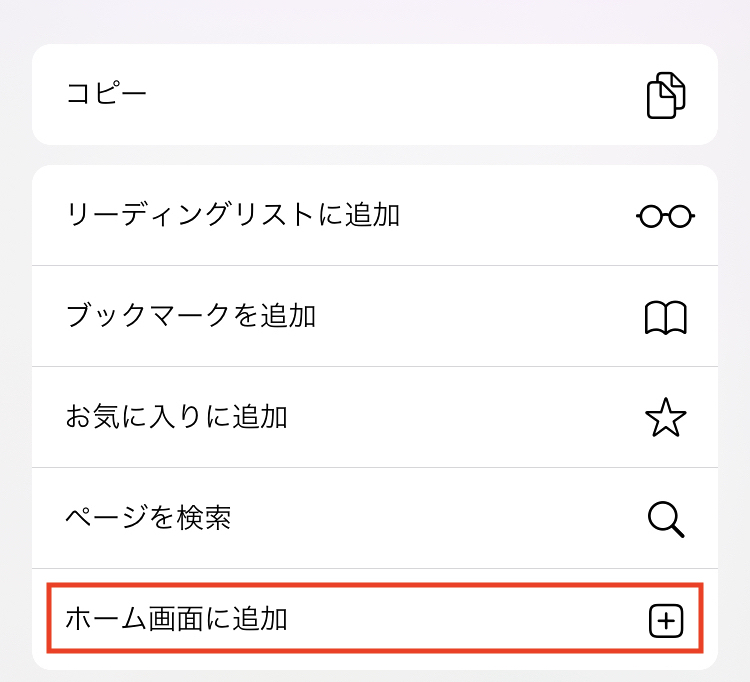The word "indecisive" comes from the Latin word "in-" meaning "not" and "decidere" meaning "to decide". It was first used in English in the 17th century to describe a person who is unable to make a decision or who hesitates to make a choice.
It is derived from the prefix "in-" meaning "not" and the verb "decidere" meaning "to decide".
The adjective "indecisive" means a person who is unable to make a decision or who hesitates to make a choice. It refers to a person who has a hard time making up their mind or who finds it difficult to choose between different options. It can also refer to a situation where it is difficult to make a decision because of a lack of information or conflicting options.
It is commonly used in psychology, management and in everyday life to describe a person who is unable to make a decision or who hesitates to make a choice, or a situation where it is difficult to make a decision because of a lack of information or conflicting options.
"indecisive"という言葉は、ラテン語で「ない」を意味する「in-」と「決める」を意味する「decidere」に由来しています。17世紀に初めて英語で使われ、「決断できない人」「選択をためらう人」を表現しました。これは、「ない」を意味する接頭辞 "in-"と「決める」を意味する動詞 "decidere "に由来している。形容詞「優柔不断」は、決断できない人、選択をためらう人という意味です。なかなか決心がつかない人、異なる選択肢の中から選ぶことが難しい人を指します。また、情報が少なかったり、選択肢が矛盾していたりして、決断しにくい状況を指すこともあります。心理学や経営学、日常生活において、決断できない人、選択をためらう人、情報不足や相反する選択肢のために決断が困難な状況などを表すのによく使われます。

 Aiko先生
Aiko先生





































